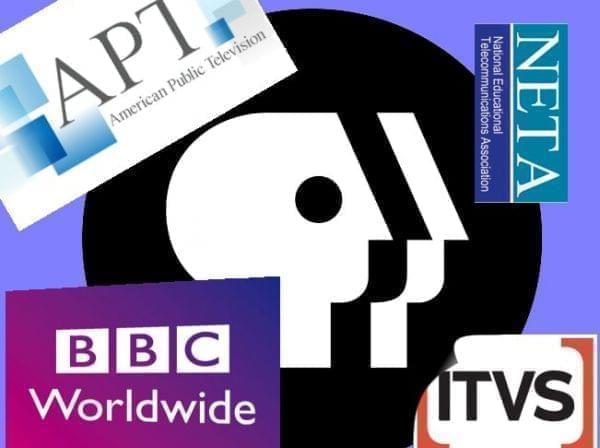When “PBS” Isn’t PBS (Part 2)

Previously I wrote about how people misuse “PBS” and “public television” as interchangeable terms. Most of the time it’s a form of shorthand, or perhaps a misunderstanding of the crazy quilt of stations, producers and distributors that make up the U.S. public television industry. Sometimes, I suspect, it’s done on purpose by those with an agenda to pursue.
Earlier today I was directed to The Huffington Post, which took a break from reporting on “sideboob” sightings to post a column sensationally titled “Why is Public Television Against Public Schools?" That’s a doozy of a loaded question.
The article itself was advocating on behalf of a documentary entitled Go Public: A Day in the Life of an American School District, which will be offered later this month by the National Educational Television Association (NETA).
There’s nothing wrong with seeking wider exposure for a worthy program, but the column gets there by way of accusations of bias. For example:
“Perhaps the most egregious example of PBS's unfair and unbalanced approach to public schools is its hyper-support of Waiting for Superman."
The latter was a 2010 documentary from director Davis Guggenheim, who also brought us An Inconvenient Truth. It’s about problems in the U.S. public school system, and it’s not without controversy. I have no intention of weighing in on the topic of public vs. charter schools, and that's not why I'm bringing up all of this.
It's just that I was puzzled by the mention of “hyper-support” on the part of PBS. I couldn’t remember any unusual coverage of Superman beyond what one might expect regarding an award-winning film sparking a public debate.
I did a bit of digging, and turned up all of three PBS programs which devoted segments to the film: a 2010 episode of Need to Know, a 2010 episode of PBS Newshour, and a 2011 episode of Charlie Rose. A search of PBS.org resulted in a handful of other hits, all of which were local productions by individual public TV stations. In other words, not produced by PBS, and most likely not aired outside the stations’ own local markets. (Yes, you can watch them on the PBS Video Player, just as you can thousands of hours of locally-produced content. That doesn’t make them PBS shows.)
The column also states that “last month the filmmakers (of Go Public) signed a three-year contract with the National Educational Television Association, which is a distributor for PBS.” Erm, no...NETA is an organization independent of PBS; it’s based in South Carolina and evolved from one of the old regional public TV networks.
The reason that Go Public doesn’t yet have wide carriage isn’t because PBS or public television has it in for public schools. It’s because, as a NETA show, it doesn’t have a national airdate. It’s offered to individual stations to use as their own local schedules allow. I can’t speak for any other programmers, but I’ll likely hold it until late summer, when the new school year begins.
Honestly, there are worse examples of this sort of misinformation, but this is the most recent, and I’ve already rattled on long enough. What sticks in my craw about it is that any allegation of bias, no matter whether it’s on the part of PBS, another distributor, an independent producer or a local station, invariably leads to all of us being painted with the same brush. That’s toxic for an organization which depends so greatly on public and political perception.
(Update: Current, the public broadcasting industry's newspaper of record, debunks the HuffPo piece in an article published today.)

